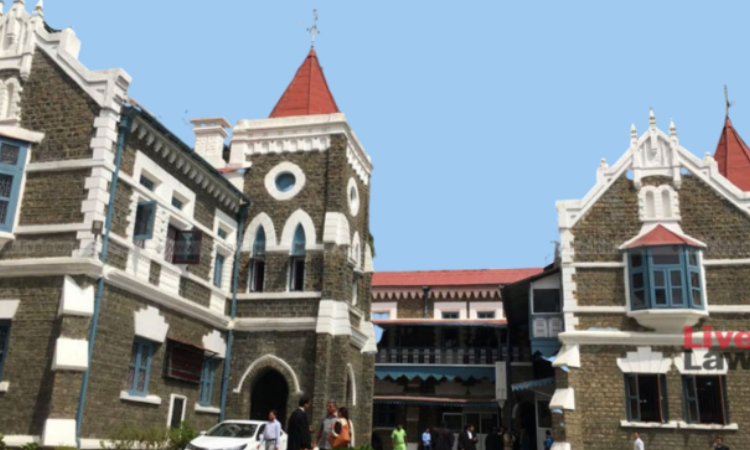Ut'khand HC Dismisses 'In Limine' PIL Challenging Vires Of 2023 Amendment To IT Rules Allowing Govt To Fact Check Social Media Posts
Sparsh Upadhyay
1 Aug 2023 1:45 PM IST

Next Story
1 Aug 2023 1:45 PM IST
The Uttarakhand High Court last week dismissed a Public Interest Litigation (PIL) plea 'IN LIMINE' which challenged the vires of new amendment to Information Technology Rules [Rule - 3 (i) (II) (C) of 2023 IT Amendment Rules] that empower the Central Government to identify 'Fake News' about itself in social media.The bench of Chief Justice Vipin Sanghi and Justice Rakesh Thapliyal observed...
